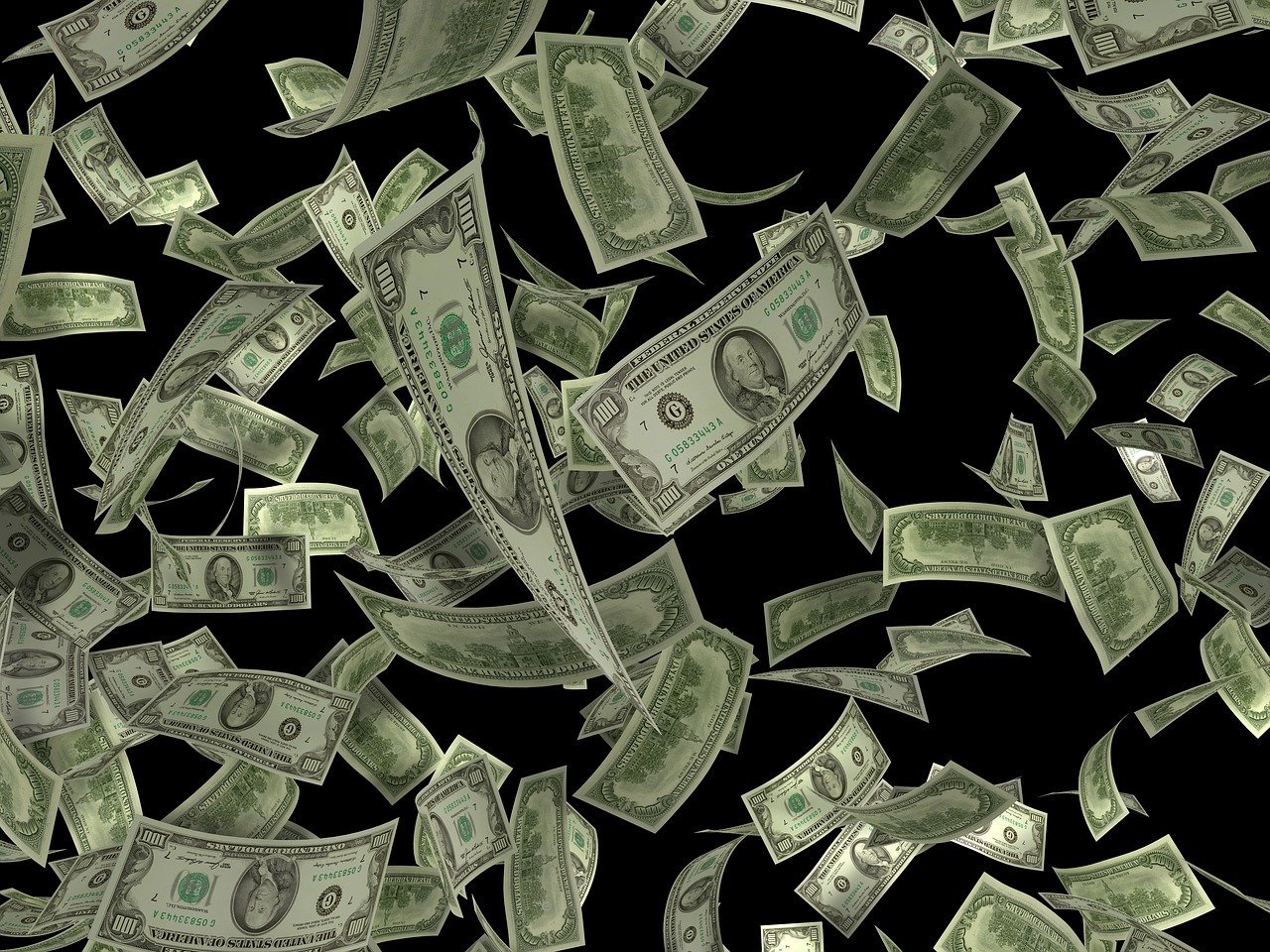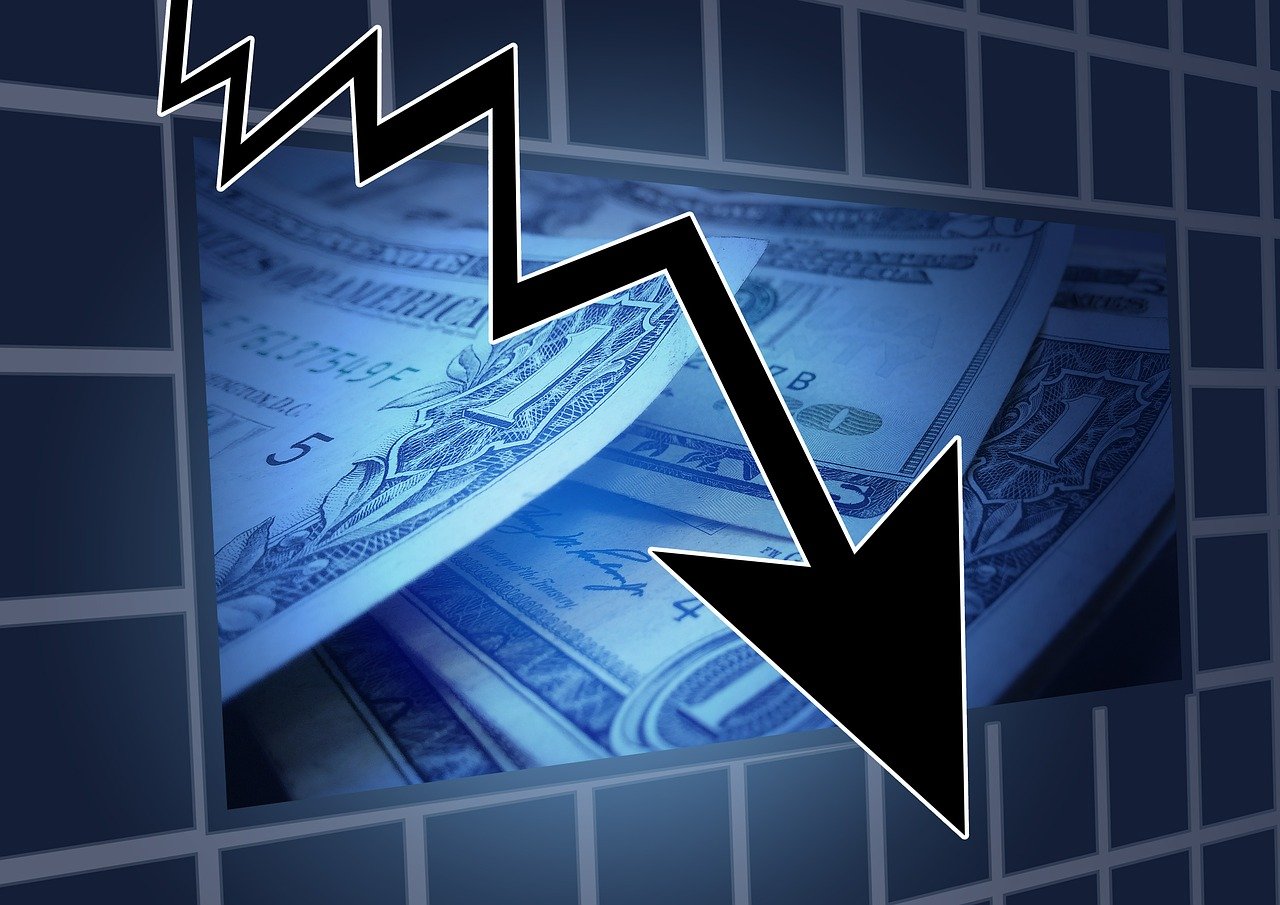Effect of Free Money
The Fed’s rate hikes and QT didn’t break anything except consensual hallucination. You know I am not a big fan of the Federal Reserve.
There is a lot of chatter that the Federal Reserve murdered Silicon Valley Bank, broke the banks with rate hikes and quantitative tightening, etc.
The Fed's failure to adequately regulate Silicon Valley Bank was what ultimately caused it to fail. The Federal Reserve is the main banking regulator. As the Fed, the banking regulator, started to worry about it, it still didn't actually press the bank to remedy its problems and it still allowed it do its thing. And in 2018, it loosened its requirements for mid-size banks. A regulatory misstep led to Silicon Valley Bank's demise.
The Fed's 14 years of free money policies are the other problem that underpins everything else, and the Fed is exclusively accountable for it. What we now understand is that free money is like a virus that eats brains alive.
Through its suppression of interest rates and money production, which has brought about this Free Money age, the Fed has destroyed a variety of systems. Price stability is the main thing it has destroyed, and this is a tremendous deal.
Following 40 years of comparatively low inflation, there is now roaring inflation. This inflation has moved from goods to services, where it is now occurring at the worst rate in 40 years. Services are also the sector of the economy where inflation is most difficult to control.
Further, we are currently seeing a banking crisis as a result of the 14 years of free money having rendered certain banks executives' minds useless.
Beginning in 2008, the Fed's suppression of interest rates and inflation of asset prices continued in waves, reversing course timidly in 2016–18, then exploding out of control in 2020–21. It will be remembered as the biggest monetary policy mistake in history. - Wolf Street
Surprise! The FED Is Forecasting a Recession
Could the recession already be here? Although the housing market looks to have bottomed out and labor market indicators for February were positive, manufacturing surveys have been pointing to decline.
The Chicago Fed National Activity Index for February portrayed a considerably poorer picture of the economy than was anticipated. 85 economic activity indicators are monitored by the index. It is designed to have a standard deviation of 1 and an average score of 0. While low scores suggest slower growth, positive scores show an economy expanding faster than its long-term trend. Production and income, employment, hours worked, personal consumption and housing, sales, orders, and inventories are the four main groups into which the indicators are divided.
The index registered +0.23 in January, the highest score in the previous seven months. It was anticipated that this will stabilize at +0.18. Instead, it plummeted all the way to -0.19, indicating a considerably more significant decline in growth than anticipated by experts. The broad categories were all negative. - Breitbart
How This Banking Issue Will Affect You
Ken Rogoff, a professor of economics at Harvard University and a former chief economist at the International Monetary Fund, predicted on Wednesday's episode of "PBS NewsHour" that the Federal Reserve will "leave inflation higher for longer" out of concern for jeopardizing the banking industry despite assurances "that everything's really sound."
He added, “I think what they’re going to do now is fly over the airport. And, by that, I mean leave inflation higher for longer…I think that’s what they’re going to decide to do, because if they raise interest rates as much as they might need to — and they say they might — we might get things worse in the banking sector. And I don’t think they’re ready for that, even though they — we’re being told left and right that everything’s really sound. By the way, deposits are fine. The real question is, are they going to be making loans in the same way? Is it going to be harder to get a mortgage, harder to get a car loan, harder to get a business loan? I think that’s a real concern now.” - Breitbart
You Decide
Is this a really bad time in which to live, or a great opportunity to take advantage of the historic issues?


